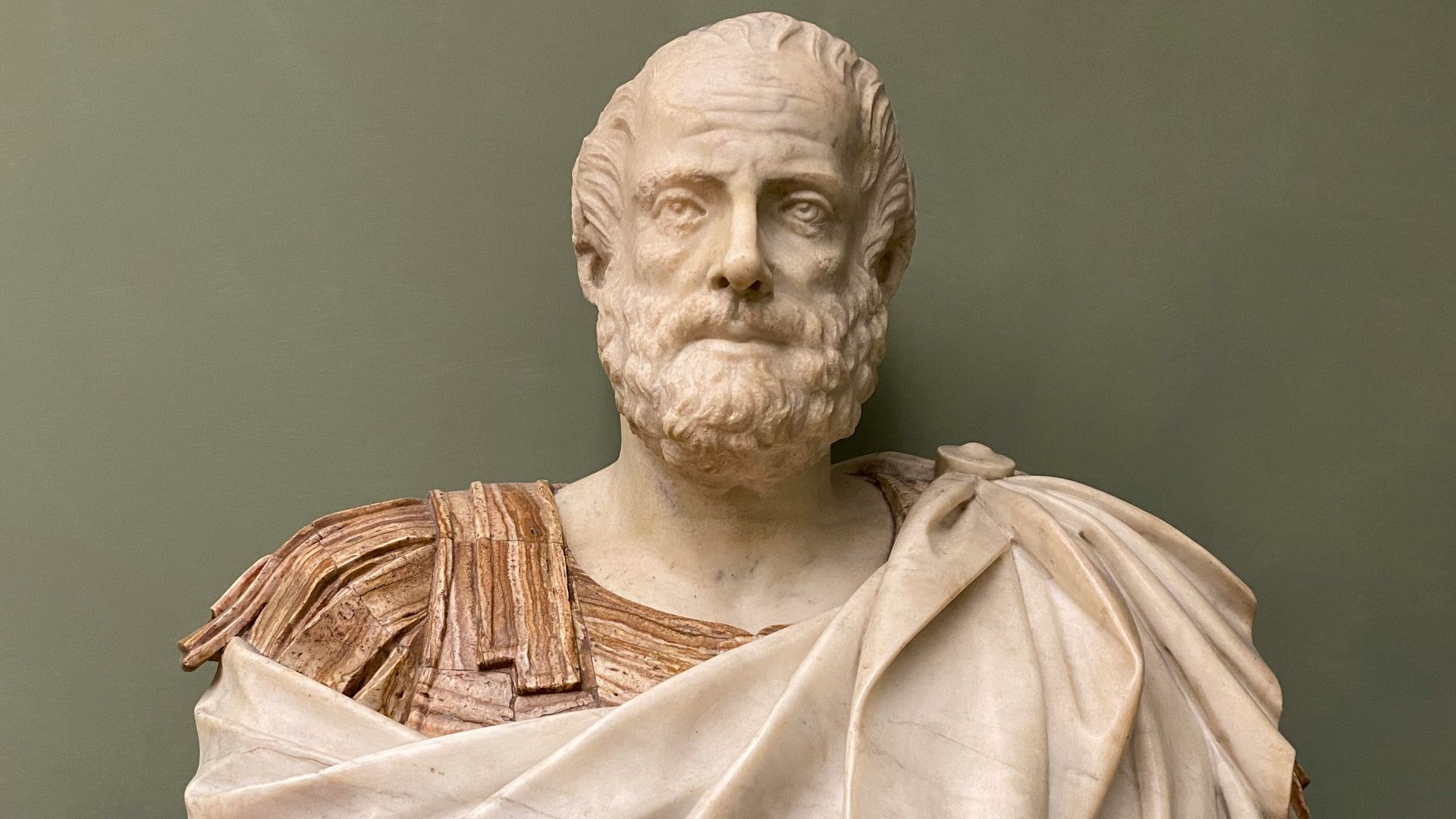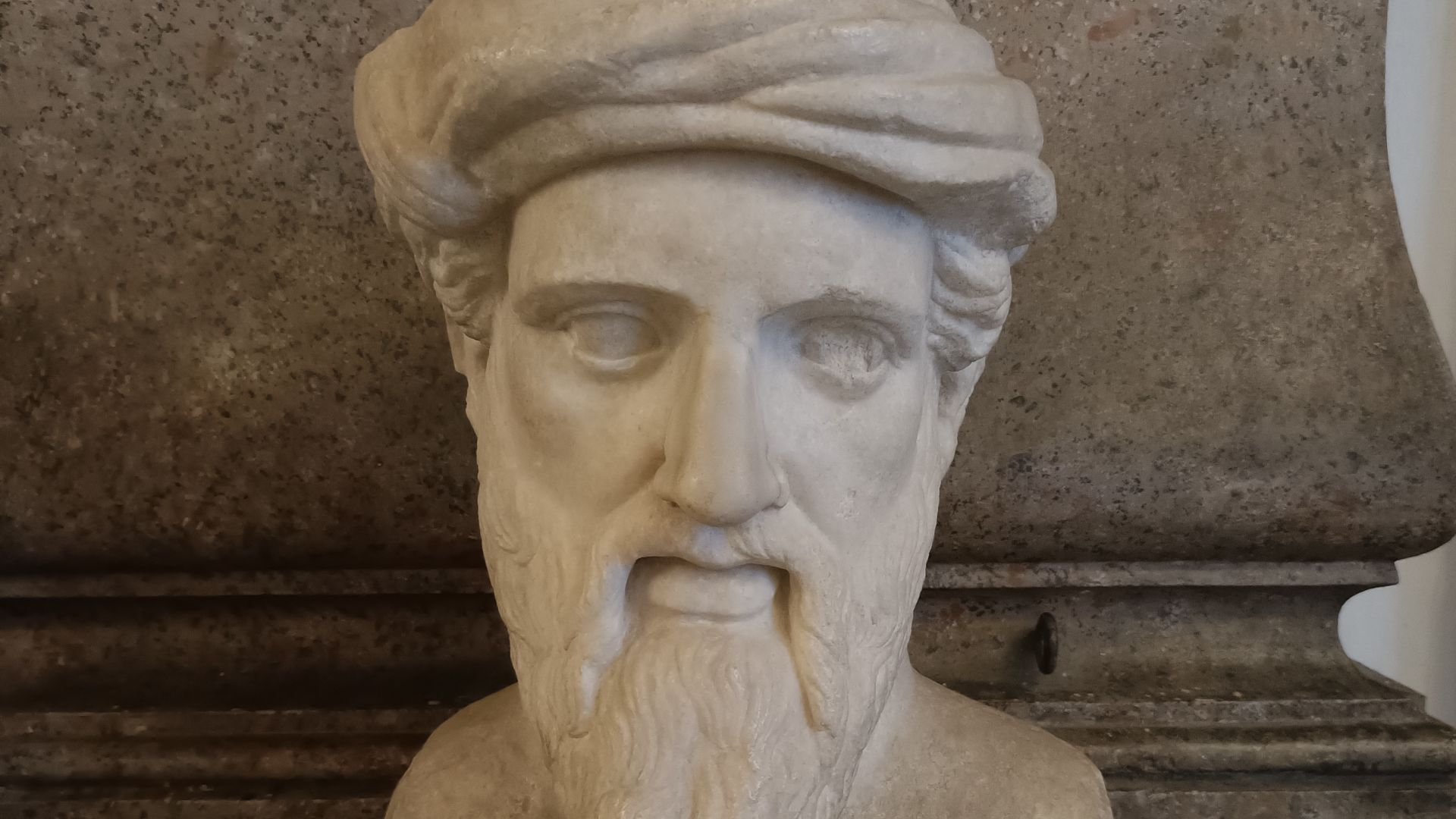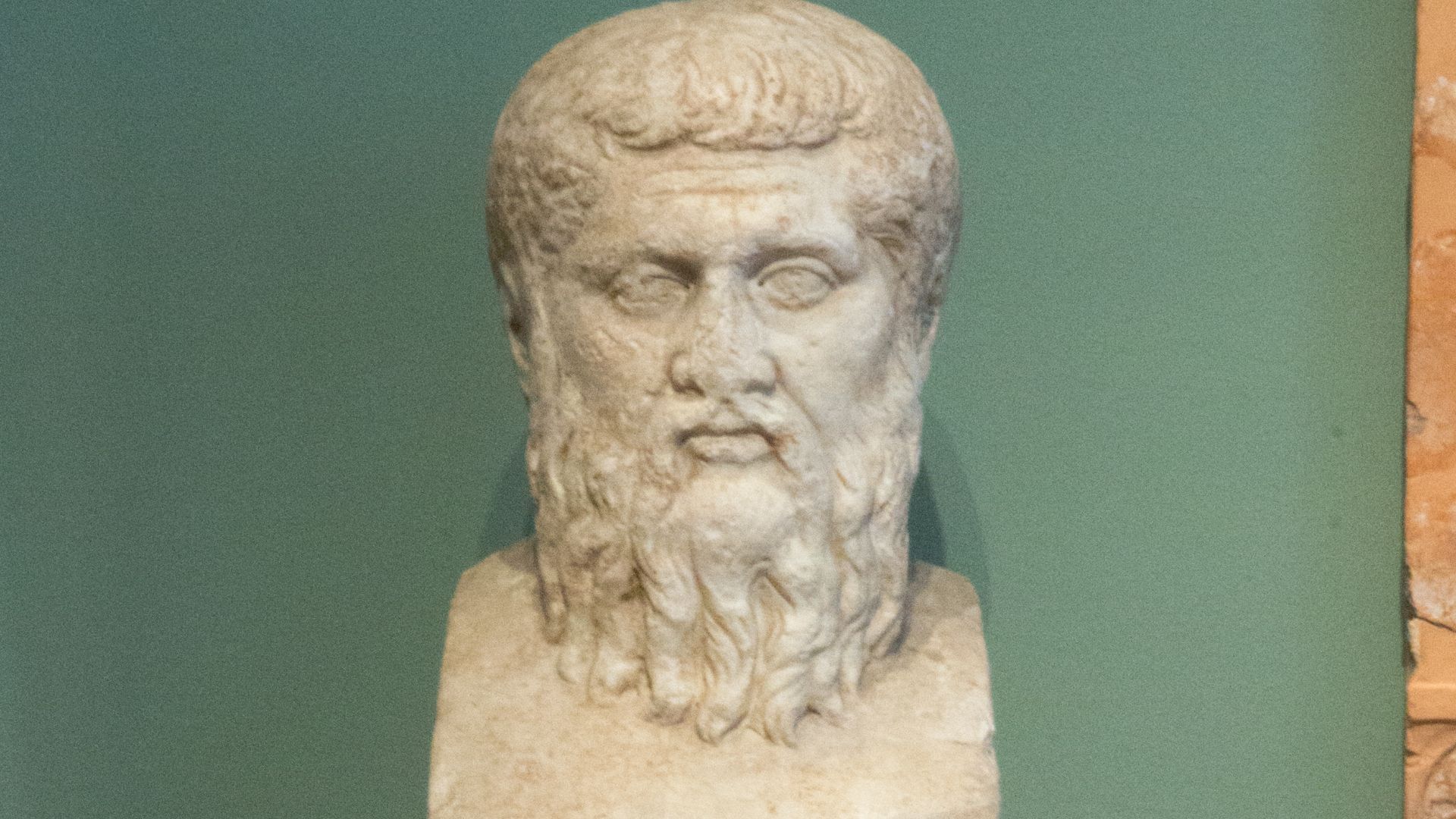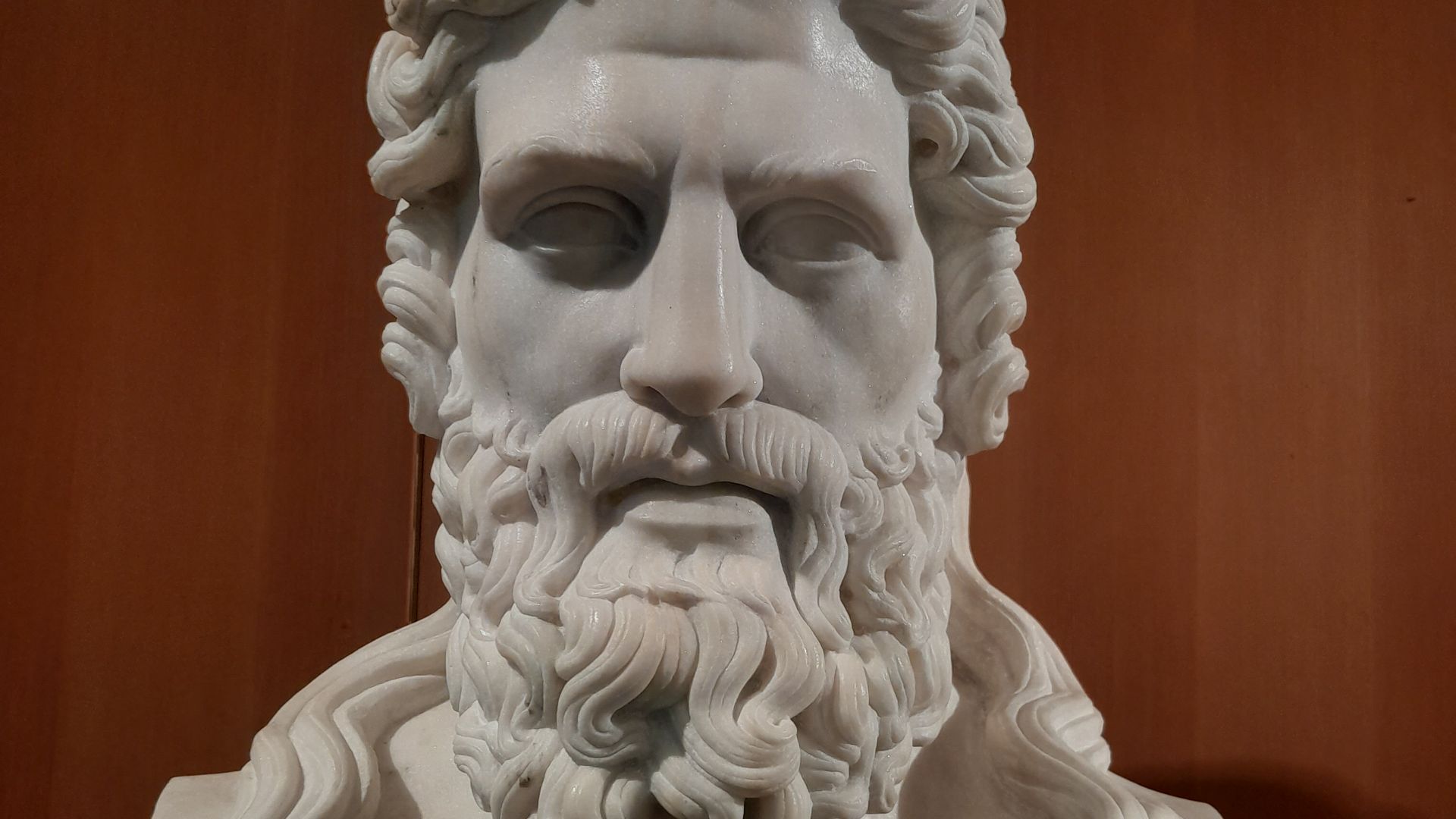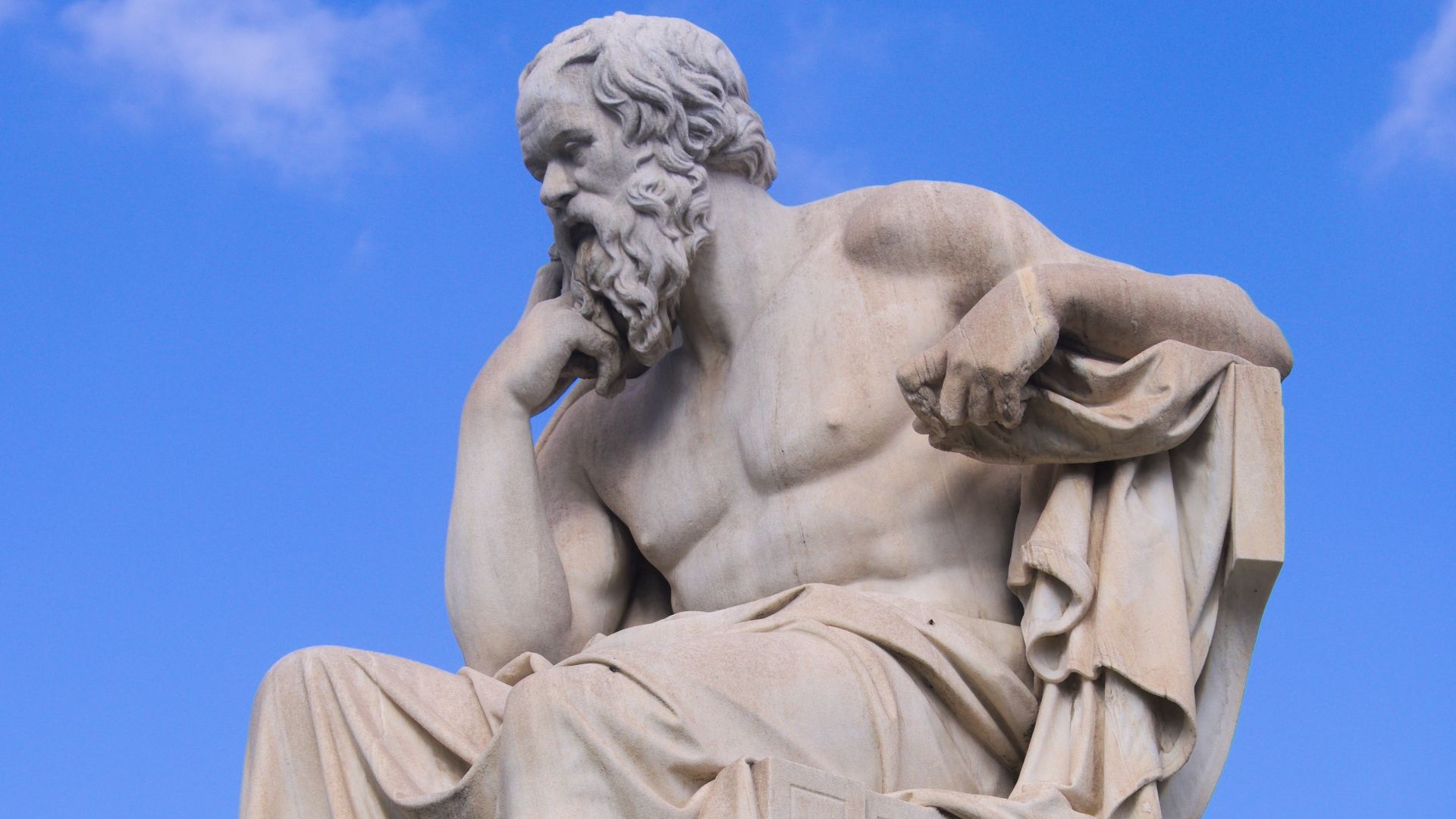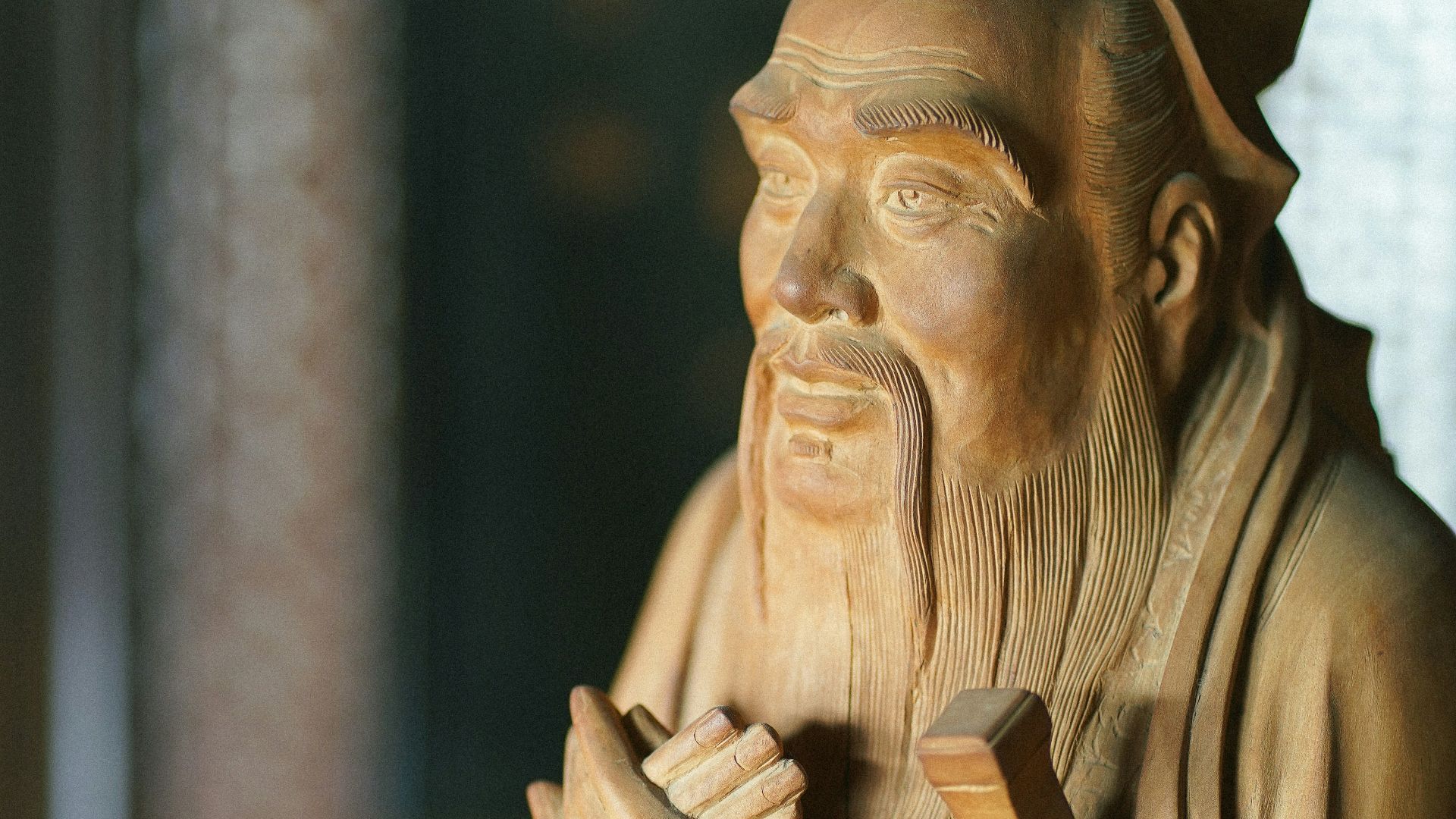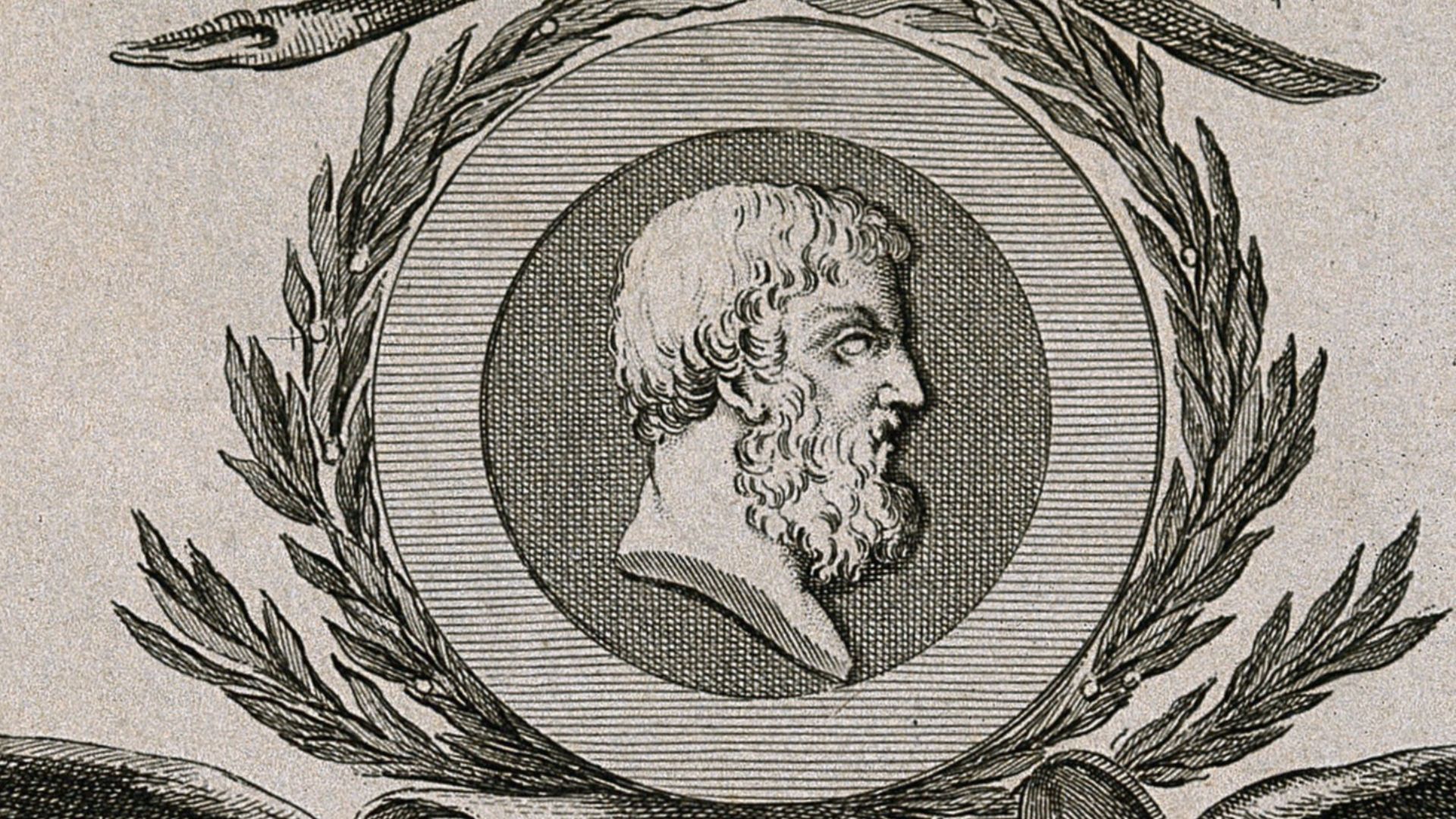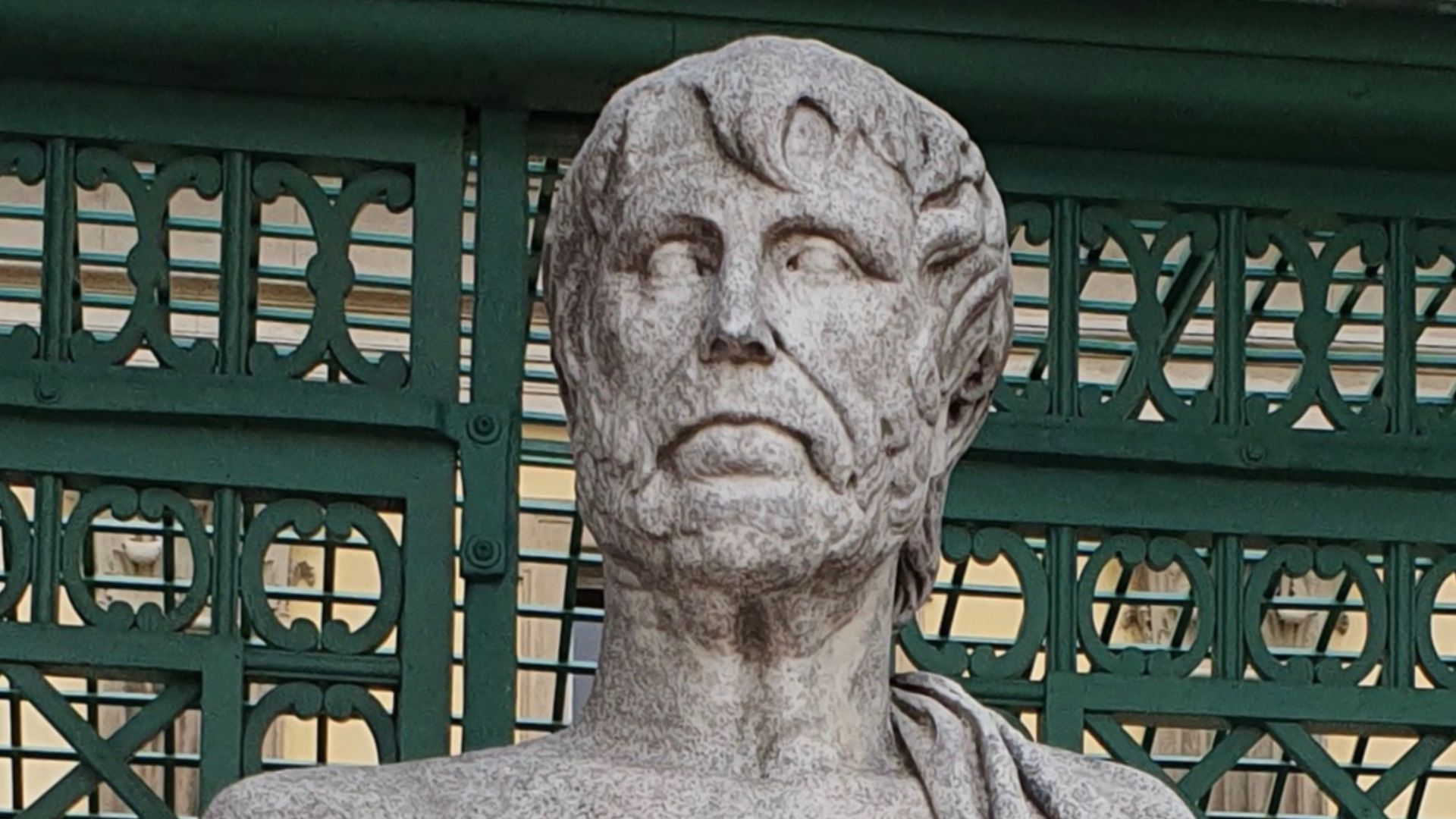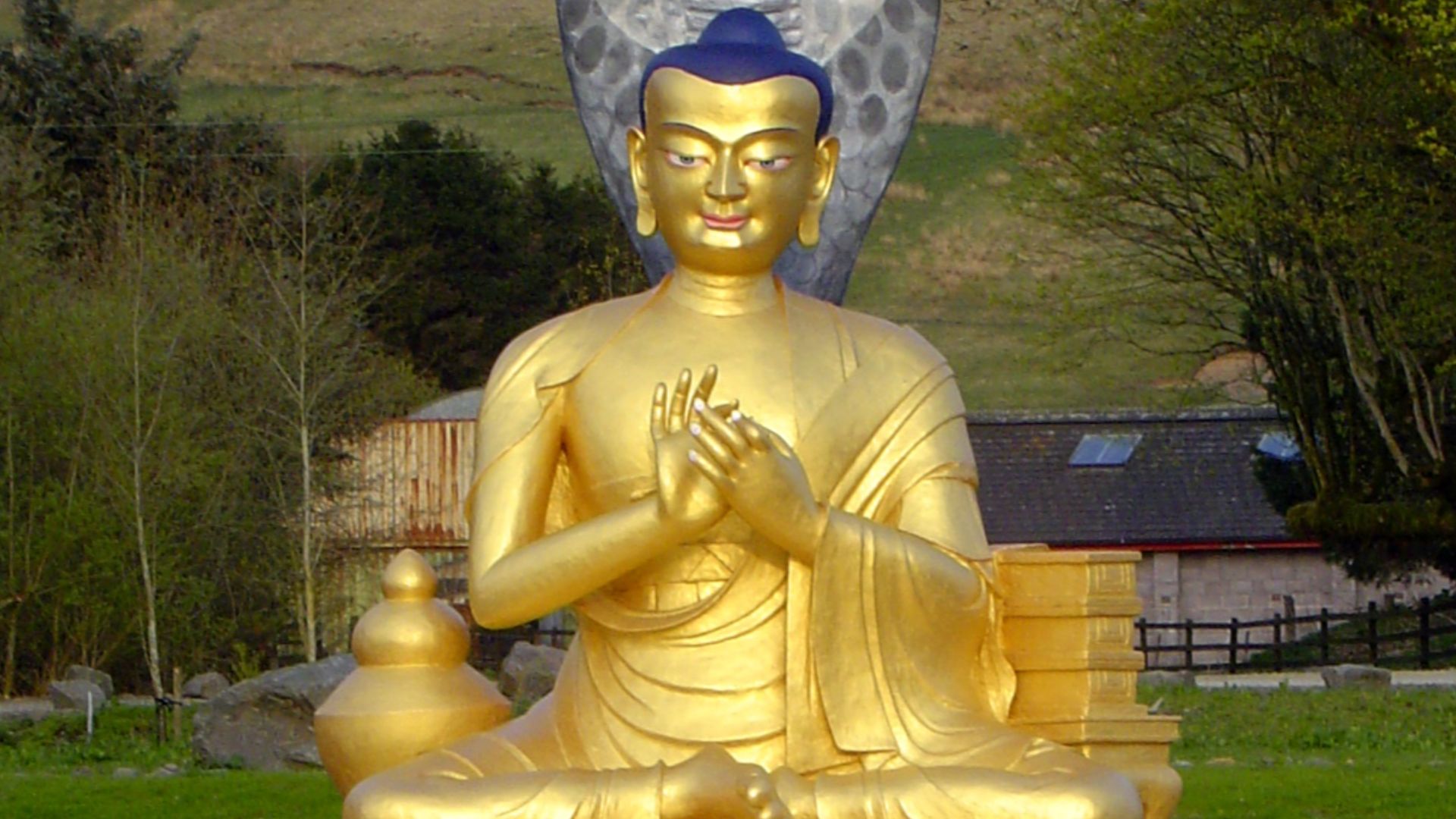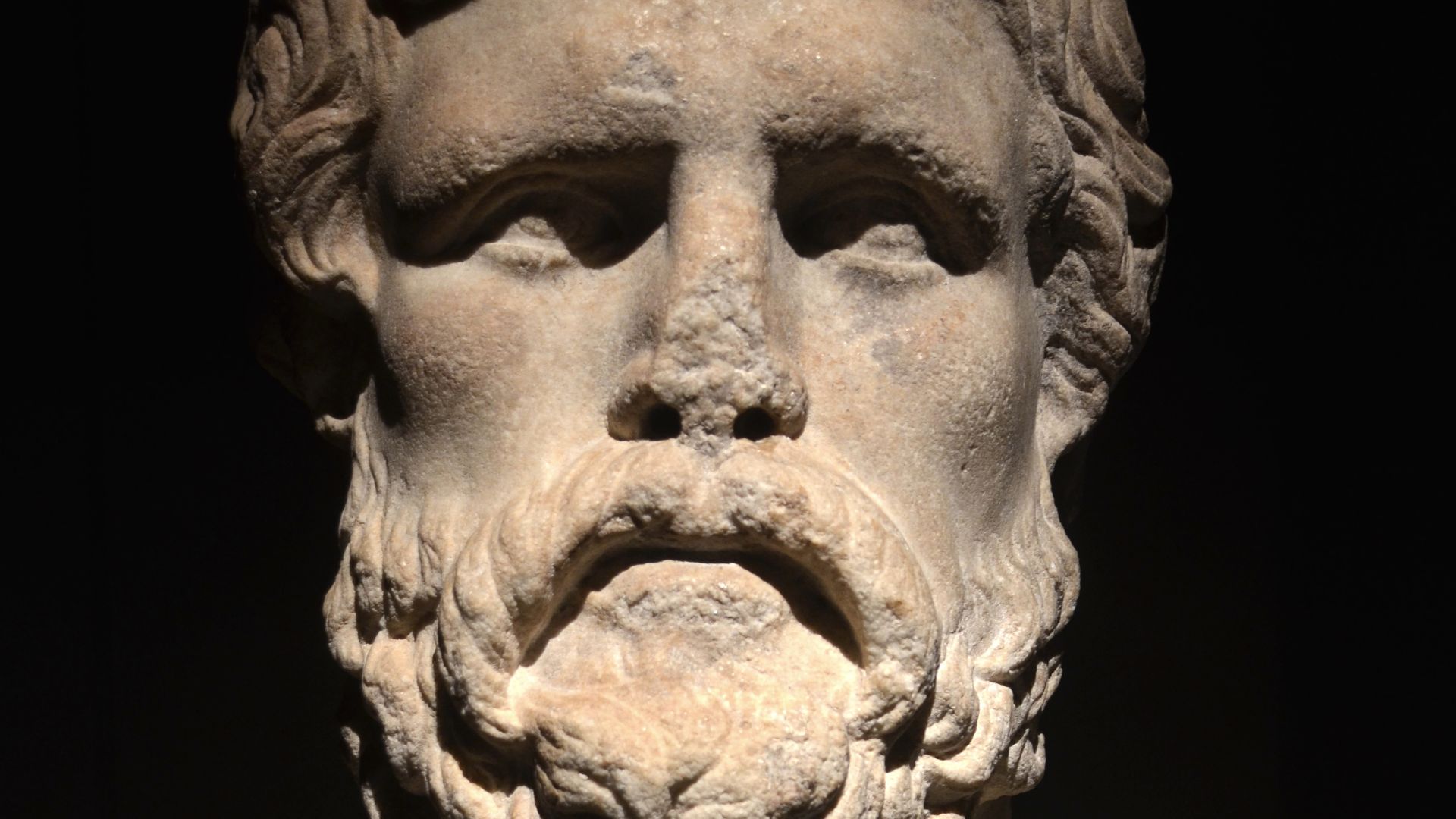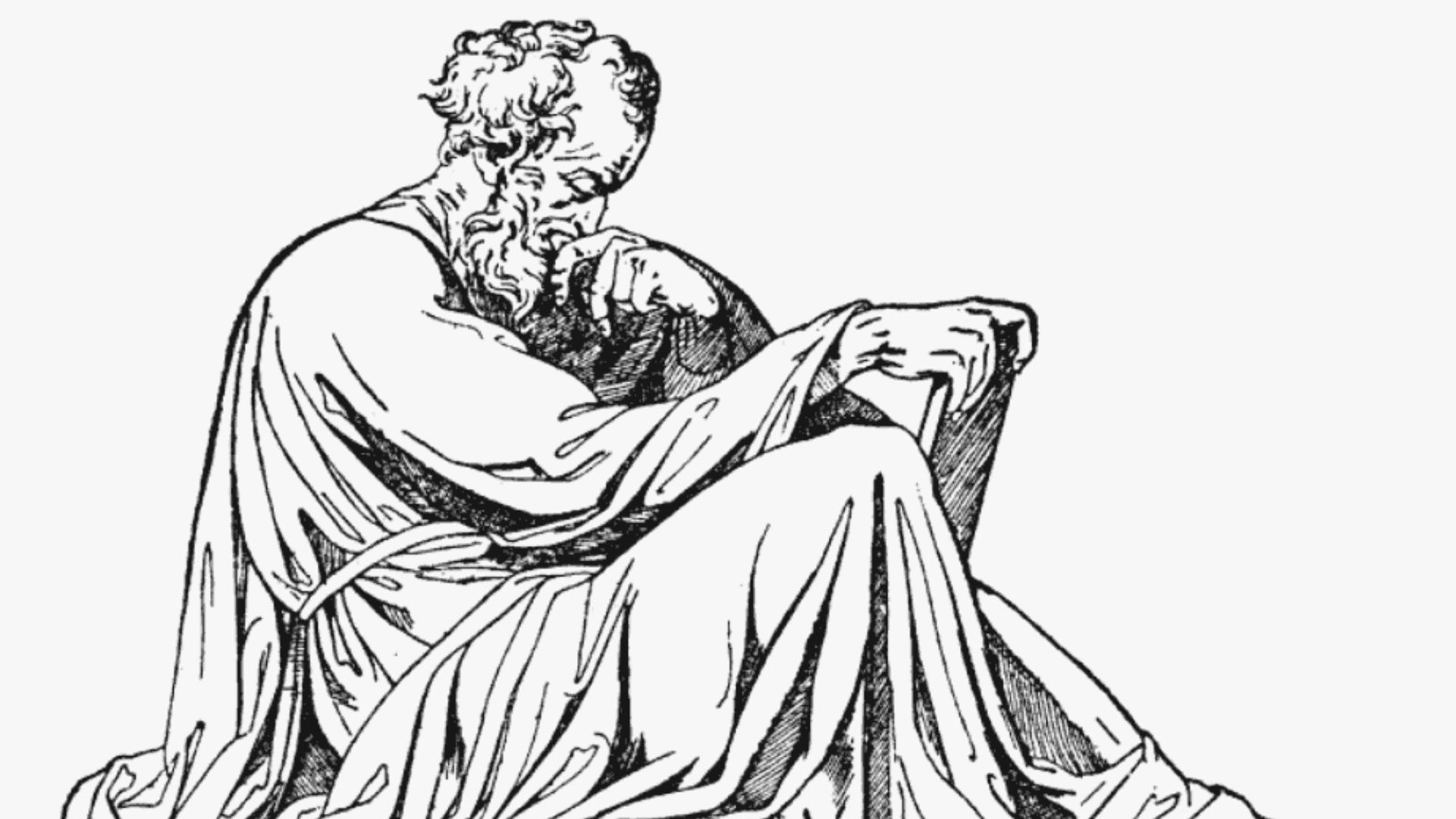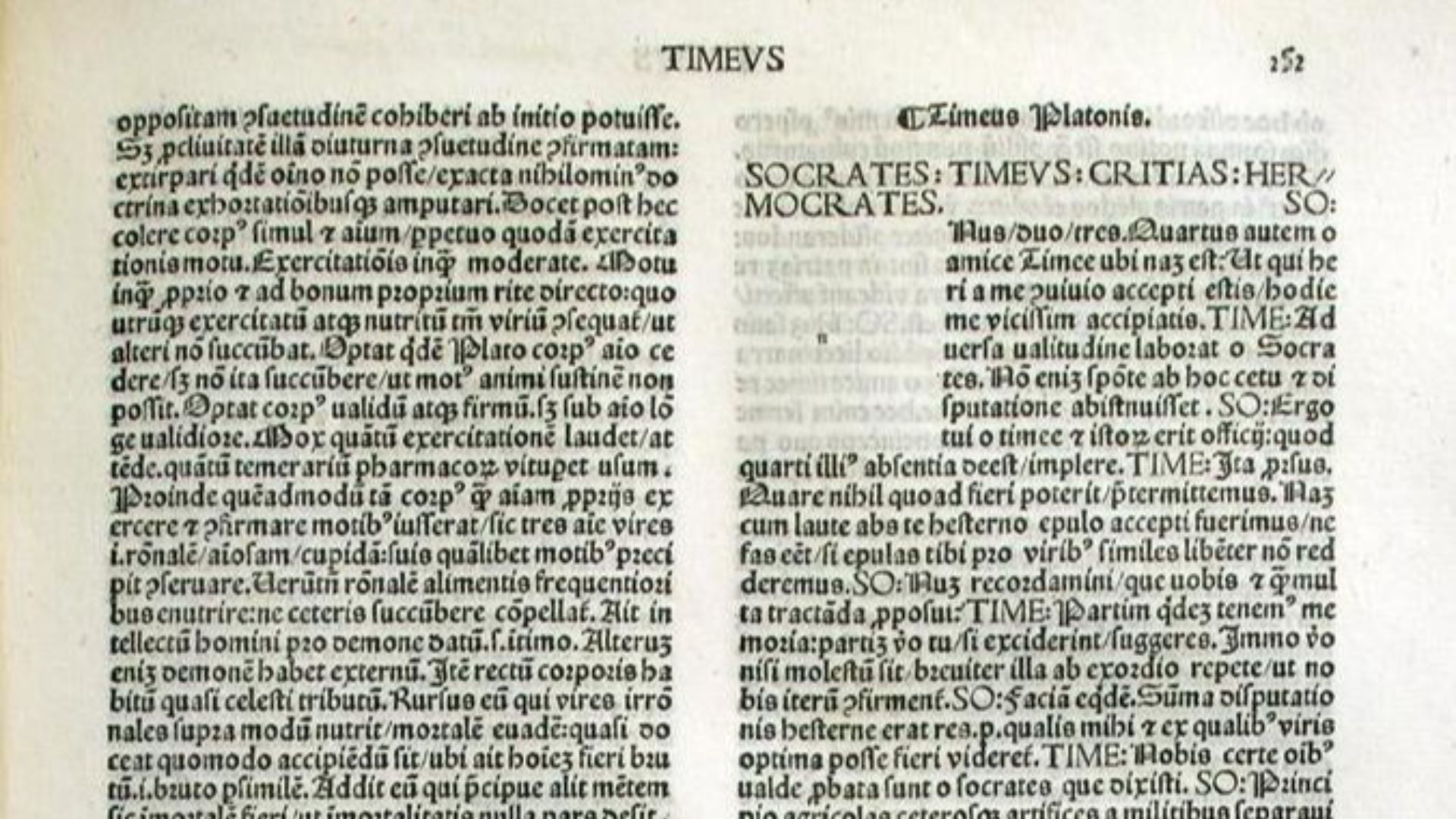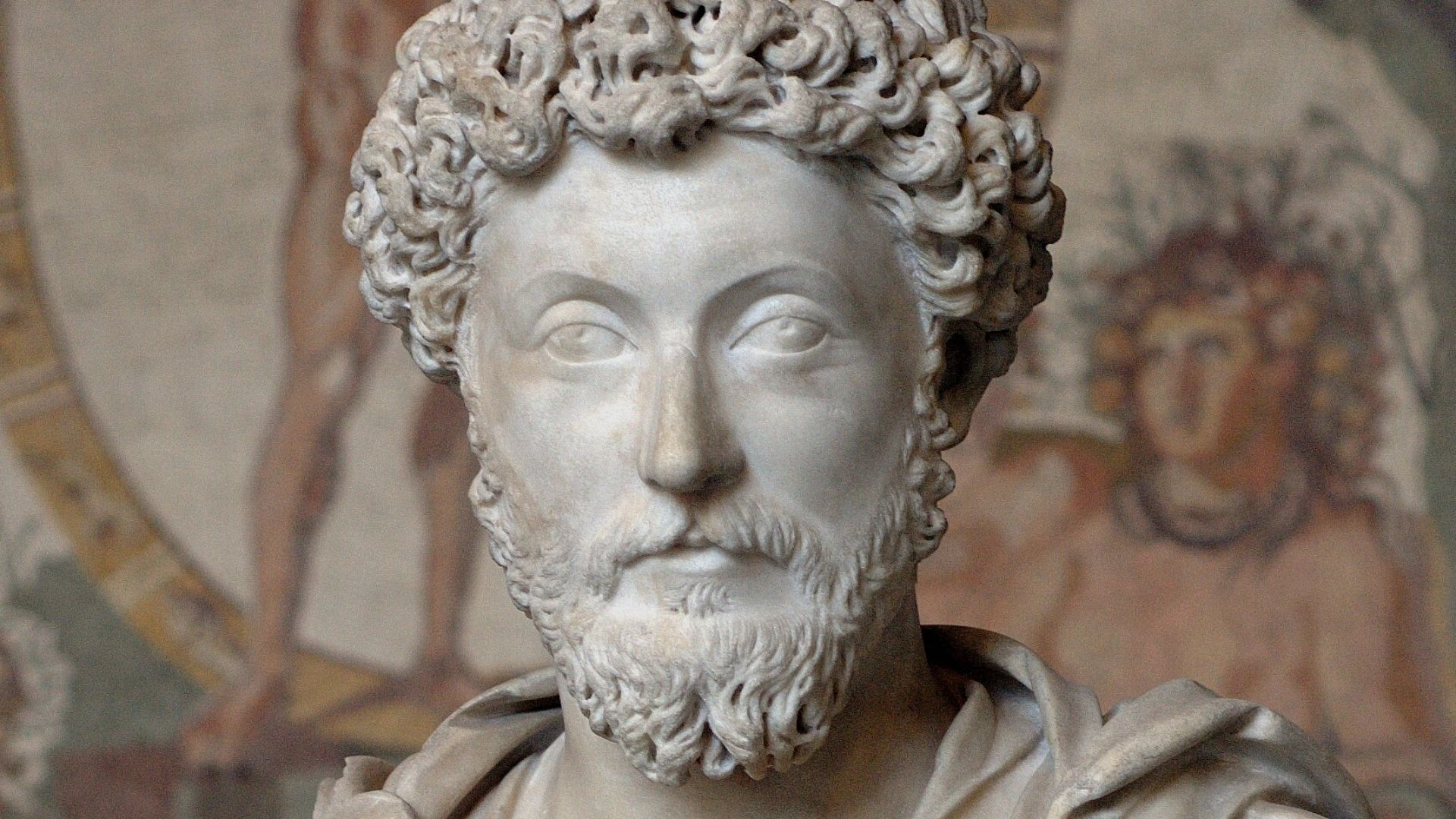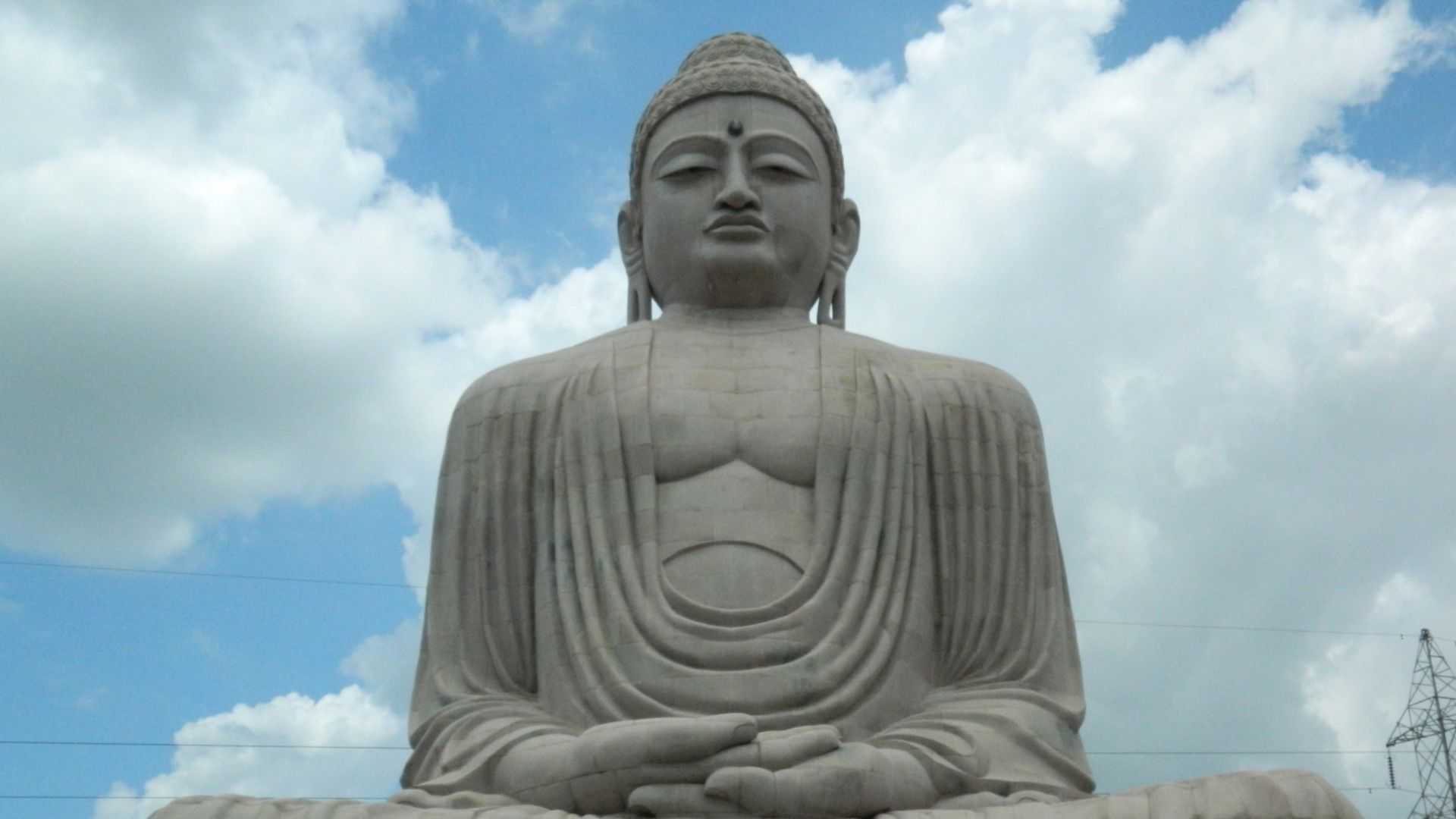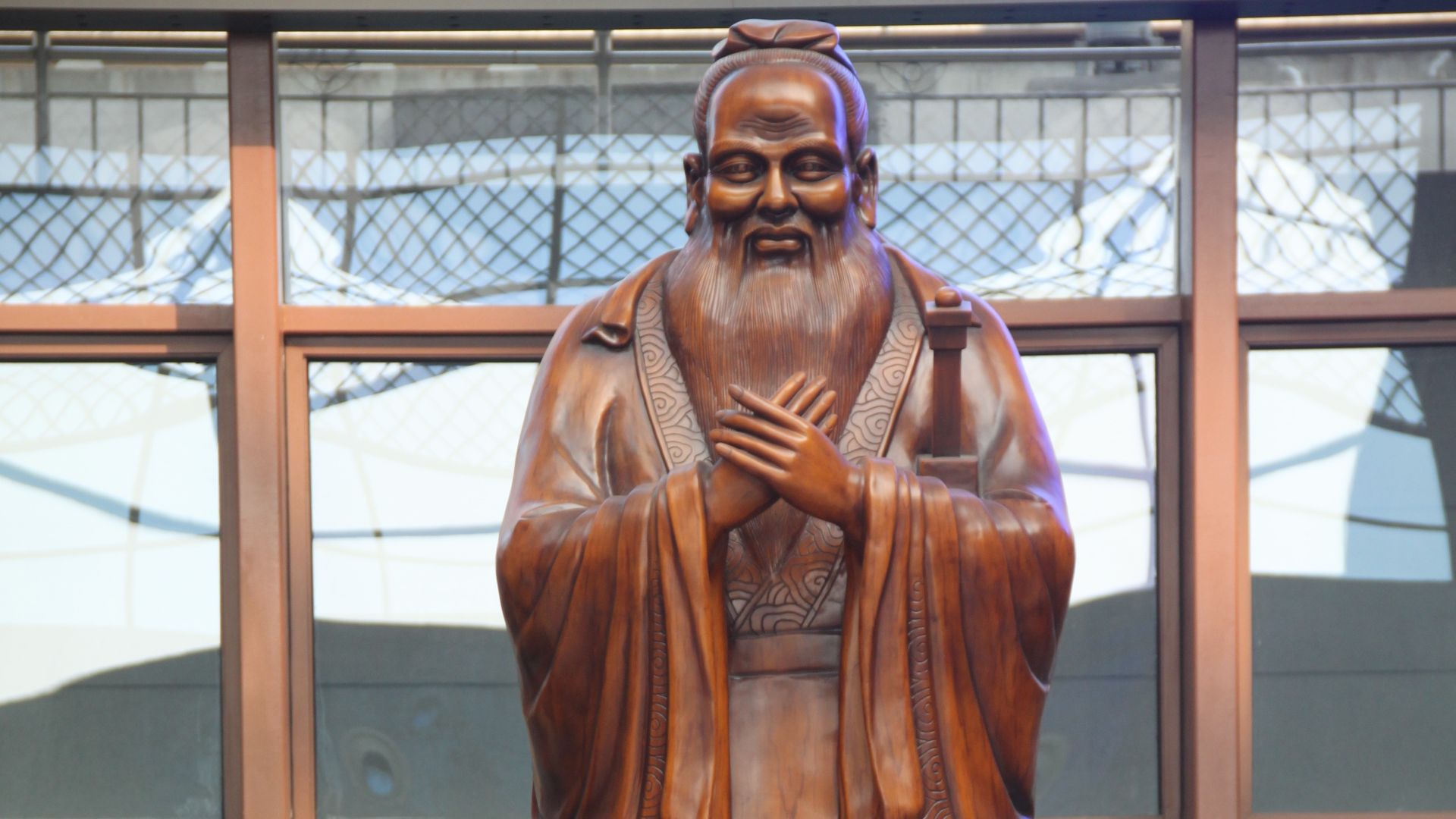I Think Therefore I Am: 20 Famous Quotes from Ancient Philosophers
Wise Words from Ancient Philosophers
You might be familiar with René Descartes' "I think, therefore I am," but what other quotes from famous philosophers do you recognize? From Plato and Socrates to Confucius and the Buddha, their words have resonated for centuries and continue to inspire deep thought. If you're looking to add a little wisdom to your day, here are 20 of the most famous philosophical quotes in history that might just spark some inspiration.
1. "The Unexamined Life is Not Worth Living".
A famous line from the ancient Greek philosopher Socrates, which is recorded in Plato's Apology, this quote prompts readers to constantly probe, argue, and think deeply about the world around them. To Socrates, it's important to stay curious; a life without introspection and self-reflection is one that's meaningless and devoid of value and purpose.
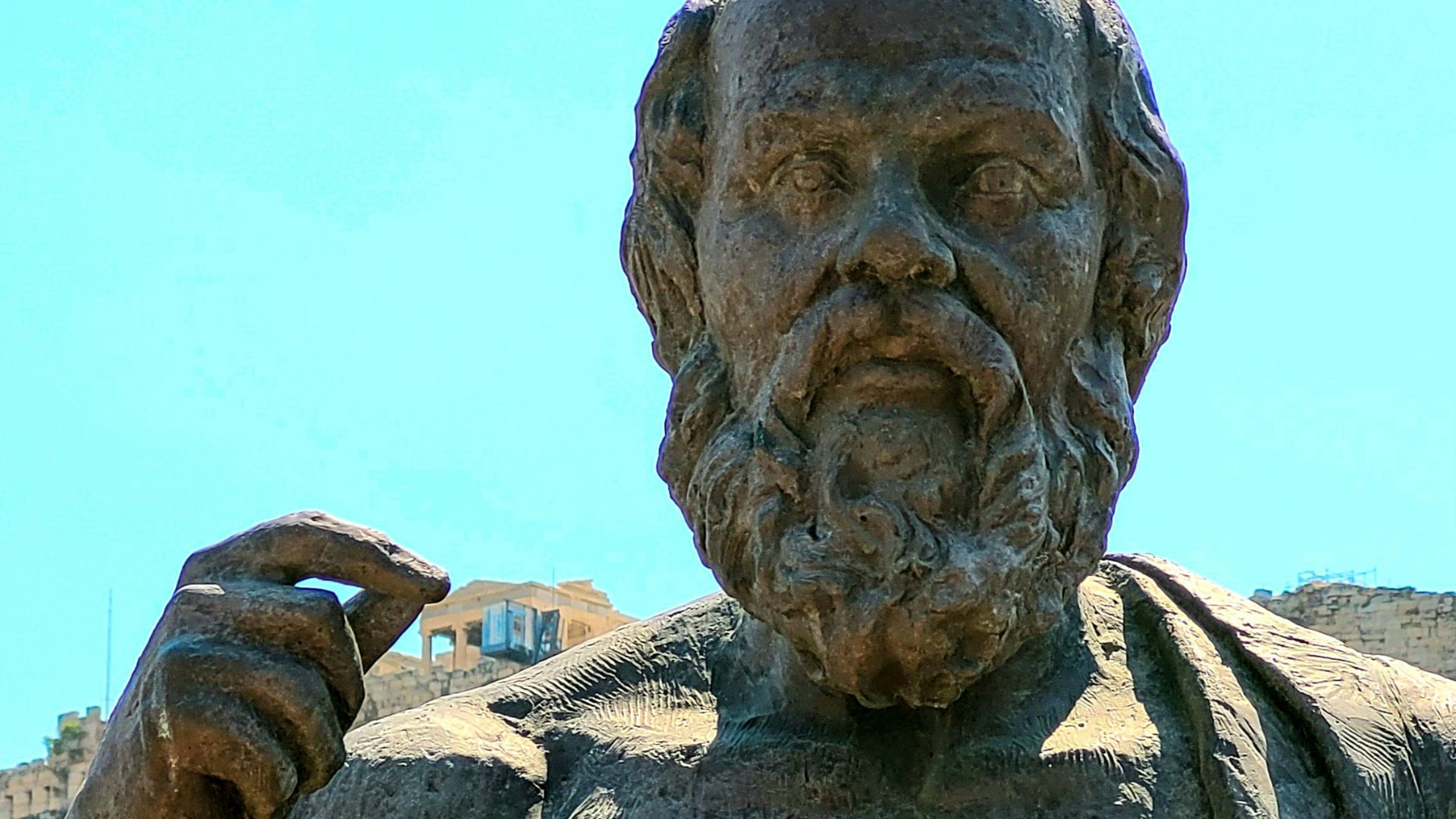 Felipe Pérez Lamana on Unsplash
Felipe Pérez Lamana on Unsplash
2. "Knowing Yourself Is the Beginning of All Wisdom".
Ancient Greek philosopher Aristotle once said that the beginning of wisdom starts with you—"know thyself". After all, it's only when you truly understand yourself—your thoughts, feelings, beliefs, motivations, and virtues—that you gain better insight into what surrounds you.
3. "Do Not Say a Little in Many Words But a Great Deal in a Few".
Despite his mathematical background, Pythagoras was just as well-recognized and celebrated in philosophy as well. His quote, highlighting the impact of words rather than verbosity, in full, was: "It is better either to be silent or to say things of more value than silence. Sooner throw a pearl at hazard than an idle or useless word; and do not say a little in many words but a great deal in a few".
4. "Wise Men Speak..".
"Wise men speak because they have something to say; fools because they have to say something" is a quote that's often attributed to ancient Greek philosopher Plato. As for its meaning, the line criticizes empty chatter, highlighting instead the importance of thinking deeply before you speak.
5. "You Can Discover More About a Person in an Hour of Play..".
Also attributed to Plato is the quote, "You can discover more about a person in an hour of play than in a year of conversation". The idea behind his words seems to suggest that the true way of knowing someone's character is through engaging them in play, such as a round of chess or cards, than through simple small talk, as people often reveal more about themselves through action and not words.
6. "The Only Thing I Know Is That I Know Nothing".
The same person who said that a life without reflection is meaningless also once claimed that there's nothing we know for certain except for that very fact, the latter of which is sometimes labeled as the Socratic paradox. Though the quote is often paraphrased, the original statement was recorded in Plato's Apology, with the closest translation being, "I neither know nor think I know".
7. "Science Is Organized Knowledge. Wisdom Is Organized Life".
German philosopher Immanuel Kant, one of the central thinkers of the Enlightenment and author of notable works such as the Critique of Reason, once argued that there was a distinct difference between knowledge and wisdom. After all, science categorizes facts, but wisdom requires moral judgment and self-discipline, which allows us to gain a better understanding of life and all its complexities.
 Johann Gottlieb Becker (1720-1782) on Wikimedia
Johann Gottlieb Becker (1720-1782) on Wikimedia
8. "When It Is Obvious That Goals Can’t Be Reached..".
Ancient Chinese philosopher Confucius once said, "When it is obvious that goals can't be reached, don't adjust the goals, adjust the action steps". Instead of abandoning your ambitions when things get tough, Confucius suggested pivoting and rethinking your approach.
True wisdom, after all, lies in perseverance and flexibility.
9. "I Think, Therefore I Am".
Cogito, ergo sum, René Descartes first wrote in Discourse on the Method, which would later become one of the most famous and well-known quotes in philosophy. In his argument, he concluded that consciousness itself proved the existence of the thinker, a claim that would eventually become the foundation of metaphysics and modern philosophy.
10. "The Most Difficult Thing in Life Is to Know Yourself".
Ancient Greek philosopher, Thales of Miletus, once stated that understanding yourself thoroughly may be the most challenging thing to do in life. This quote matches quite well with Aristotle's quote, that the beginning of true wisdom starts with knowing yourself, proving that we are the world's most confusing and complex equation.
11. "We Suffer More Often in Imagination Than in Reality".
Lucius Annaeus Seneca, known better mononymously as Seneca, was a Stoic philosopher from the Roman Imperial Period. One of his most famous quotes—"we suffer more often in imagination than in reality"—is one that likely resonates with many. The things we conjure in our minds are often much more gruesome and destructive than our real experiences, as most of us tend to catastrophize and think of the worst possible scenarios.
12. "No Man Ever Steps in the Same River Twice..".
Ancient Greek Heraclitus, whose work and philosophy were influenced by Thales of Miletus, among others, once said that we can never step in the same river twice:
"No man ever steps in the same river twice, for it's not the same river and he's not the same man". The universe and our identities, as he asserts, are constantly changing.
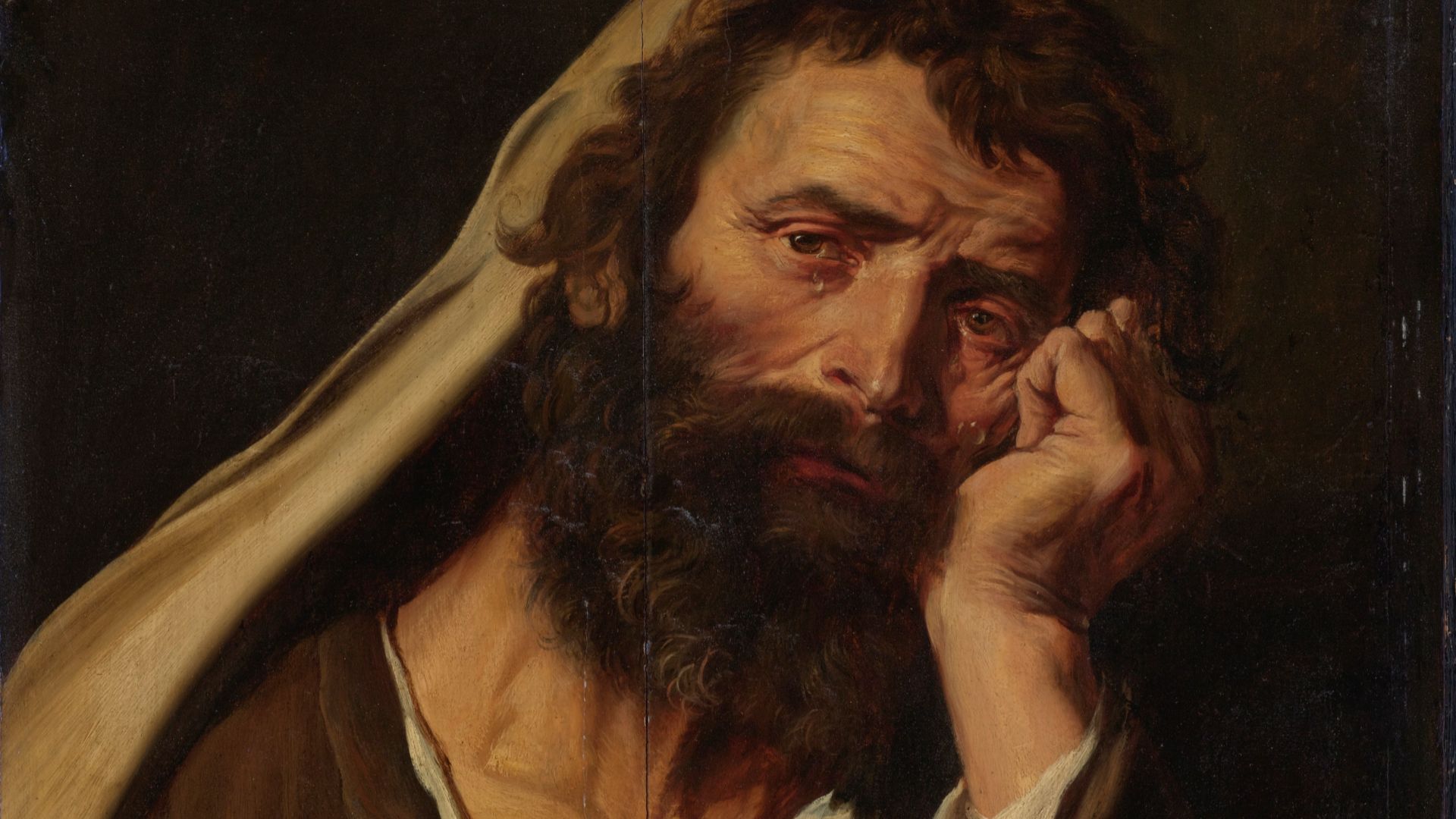 Abraham Janssens I on Wikimedia
Abraham Janssens I on Wikimedia
13. "Although You May Spend Your Life Killing, You Will Not Exhaust All Your Foes..".
"Although you may spend your life killing, you will not exhaust all your foes. But if you quell your own anger, your real enemy will be slain," Nagarjuna, one of the most important Buddhist philosophers, once said. His wise words suggest that the real foe lies in oneself, and that it's self-destruction that proves to be the most fatal.
14. "Happiness Resides Not in Possessions..".
Democritus, an ancient Greek philosopher who preceded Socrates, might have been known best for his development of the atomic theory, but he didn't only make major strides in the scientific field. In fact, he's famed for his thoughts on life as well, as can be seen in this quote: "Happiness resides not in possessions, and not in gold, happiness dwells in the soul".
 Hendrick ter Brugghen on Wikimedia
Hendrick ter Brugghen on Wikimedia
15. "Success Tends to Create Pride and Blindness in the Hearts of Men..".
Greek military leader, philosopher, and historian, Xenophon of Athens made memorable strides in his life; he was appointed as one of the leaders of a group of mercenaries at just 30 years old, and he later became a student of Socrates. His military background experience led him to pen one of his most well-known quotes, as seen in Cyrus the Great: The Arts of Leadership and War:
16. "It's Not What Happens to You, But How You React to It That Matters".
Born into slavery, Epictetus was a Greek Stoic philosopher whose life experiences and hardships likely heavily influenced his work in Stoicism, a branch of philosophy that taught people to focus on the things they can control rather than on external factors they couldn't. In fact, his quote—"it's not what happens to you, but how you react to it that matters"—is a great example of this mindset.
17. "Time Is the Moving Image of Eternity".
"Time is the moving image of eternity" is another quote by Plato, a concept he covered in the Timaeus, one of the philosopher's most famous and well-received dialogues. In it, he describes time as something dynamic and constantly moving, which allows us to measure an eternal world that, in reality, stands still and remains unchanged.
18. "The Art of Living Is More Like Wrestling Than Dancing..".
In Meditations, Stoic philosopher and Roman emperor Marcus Aurelius said, "The art of living is more like wrestling than dancing, for it requires that we should stand ready and firm to meet onsets which are sudden and unexpected". While there are many ways the quote has been translated and paraphrased, the meaning stands: that life is much more about building strength and resilience than merely following through the motions.
19. "Suffering Exists".
Siddhartha Gautama, or commonly known as the Buddha, was a spiritual teacher who founded the religion of Buddhism. In his Four Noble Truths, he stated that life is dukkha—sometimes mistranslated as "life is suffering". A simple, more hopeful way to think about it is that suffering exists.
20. "To Rank the Effort Above the Prize May Be Called Love".
What we may recognize as "grit" today was defined much more elegantly by Confucius. His quote, "To rank the effort above the prize may be called love," reflects his teachings, which championed the importance of having a virtuous character. To put it simply, this expression states that true fulfillment should come from the act of trying to achieve something, and not from the goal itself.
KEEP ON READING

The 10 Youngest Monarchs In History & The 10 Oldest
Age Is Just A Number. Imagine being crowned king or…
By Chase Wexler Mar 11, 2025
Written By The Victors: 20 Names History Books Tried To…
History’s Forgotten Figures. It is said that history is written…
By Farva Ivkovic Jun 23, 2025
Writing On The Wall: 20 Fascinating Hieroglyphics Throughout History
A Language Carved To Last. Hieroglyphics are unique, ancient writings.…
By Chase Wexler May 29, 2025
Women At War: 20 Fierce, Fearless, & Famous Female Fighters
How Many Of These Women Warriors Do You Know?. History…
By Emilie Richardson-Dupuis Aug 14, 2025
The Woman Without A Name
Mary Doefour was the woman without a name. In 1978,…
By Robbie Woods Dec 3, 2024
The Woman With Toxic Blood
One night in 1994, Gloria Ramirez reported to the ER.…
By Robbie Woods Jan 6, 2025


